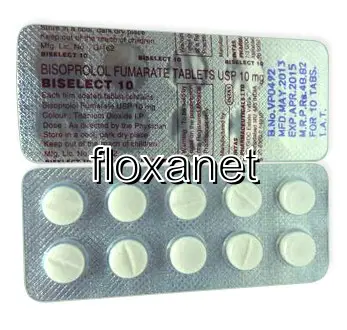| Package | Dosage | Price | Price per Dose | |
|---|---|---|---|---|
| Dosage: 5mg | ||||
| 360 pill | 5mg | £215.01 | £0.60 | |
| 180 pill | 5mg | £118.30 | £0.66 | |
| 120 pill | 5mg | £87.44 | £0.73 | |
| 90 pill | 5mg | £72.01 | £0.80 | |
| 60 pill | 5mg | £53.49 | £0.90 | |
| 30 pill | 5mg | £31.88 | £1.07 | |
| Dosage: 10mg | ||||
| 180 pill | 10mg | £105.96 | £0.59 | |
| 120 pill | 10mg | £78.18 | £0.65 | |
| 90 pill | 10mg | £62.75 | £0.70 | |
| 60 pill | 10mg | £47.31 | £0.78 | |
| 30 pill | 10mg | £27.77 | £0.92 | |

Bisoprolol Description
Introduction to Bisoprolol
Bisoprolol is a medication mainly used to manage cardiovascular conditions, particularly hypertension (high blood pressure) and certain forms of heart disease. It belongs to a class of drugs called beta-blockers, which work by blocking the effects of adrenaline on the heart and blood vessels. This action helps to reduce heart rate, decrease blood pressure, and improve overall heart function. Bisoprolol is often prescribed as part of a comprehensive treatment plan aimed at preventing heart attacks, strokes, and other serious complications associated with cardiovascular issues.
How Bisoprolol Works
The primary mechanism of Bisoprolol involves selective blockade of beta-1 adrenergic receptors, which are predominantly found in the heart. By targeting these receptors, Bisoprolol diminishes the heart's workload and oxygen demand. The result is a more regular heartbeat, lowered blood pressure, and reduced risk of arrhythmias. Because of its selective action, it tends to cause fewer side effects related to lung function compared to non-selective beta-blockers. This makes it a suitable choice for patients with respiratory issues, although consultation with a healthcare provider is always necessary before starting treatment.
Benefits of Using Bisoprolol
Patients often find Bisoprolol beneficial in managing their blood pressure and preventing cardiac events. It has a relatively long duration of action, which allows once-daily dosing in most cases. Its effectiveness in lowering blood pressure is well-documented, and many patients experience a significant reduction in their risk of stroke and heart attack while on this medication. Additionally, Bisoprolol can help control symptoms related to heart failure, such as shortness of breath and fatigue, especially when combined with other therapies.
Possible Side Effects and Precautions
Like all medications, Bisoprolol can cause side effects. Common adverse reactions include fatigue, dizziness, cold hands and feet, and a slow heart rate. Some individuals may experience gastrointestinal disturbances like nausea or diarrhea. In rare cases, allergic reactions such as rash or swelling can occur. It's crucial for patients to inform their healthcare provider about other health conditions, especially asthma, diabetes, or severe circulatory disorders, as these may require careful monitoring or adjustments in therapy. Regular blood pressure monitoring and follow-up are essential to ensure safety and efficacy.
Consultation and Usage
Bisoprolol should always be taken precisely as prescribed by a healthcare professional. The typical starting dose varies depending on the severity of the condition and individual response. Patients are advised not to stop or modify the dosage without medical guidance, as abrupt discontinuation can cause adverse effects, including a sudden increase in blood pressure or heart rhythm disturbances. It is also important to coordinate the use of Bisoprolol with other medications to avoid potential interactions that could diminish its effectiveness or increase side effects.
Final Notes
Overall, Bisoprolol is a valuable medication for managing specific heart-related conditions. It offers significant benefits in controlling blood pressure and reducing cardiac risks with generally manageable side effects. However, it requires proper medical supervision to ensure safe and effective use. Patients should adhere to their healthcare provider’s instructions and report any unusual symptoms promptly. When used appropriately, Bisoprolol can be an integral part of cardiovascular health management and long-term disease prevention.
